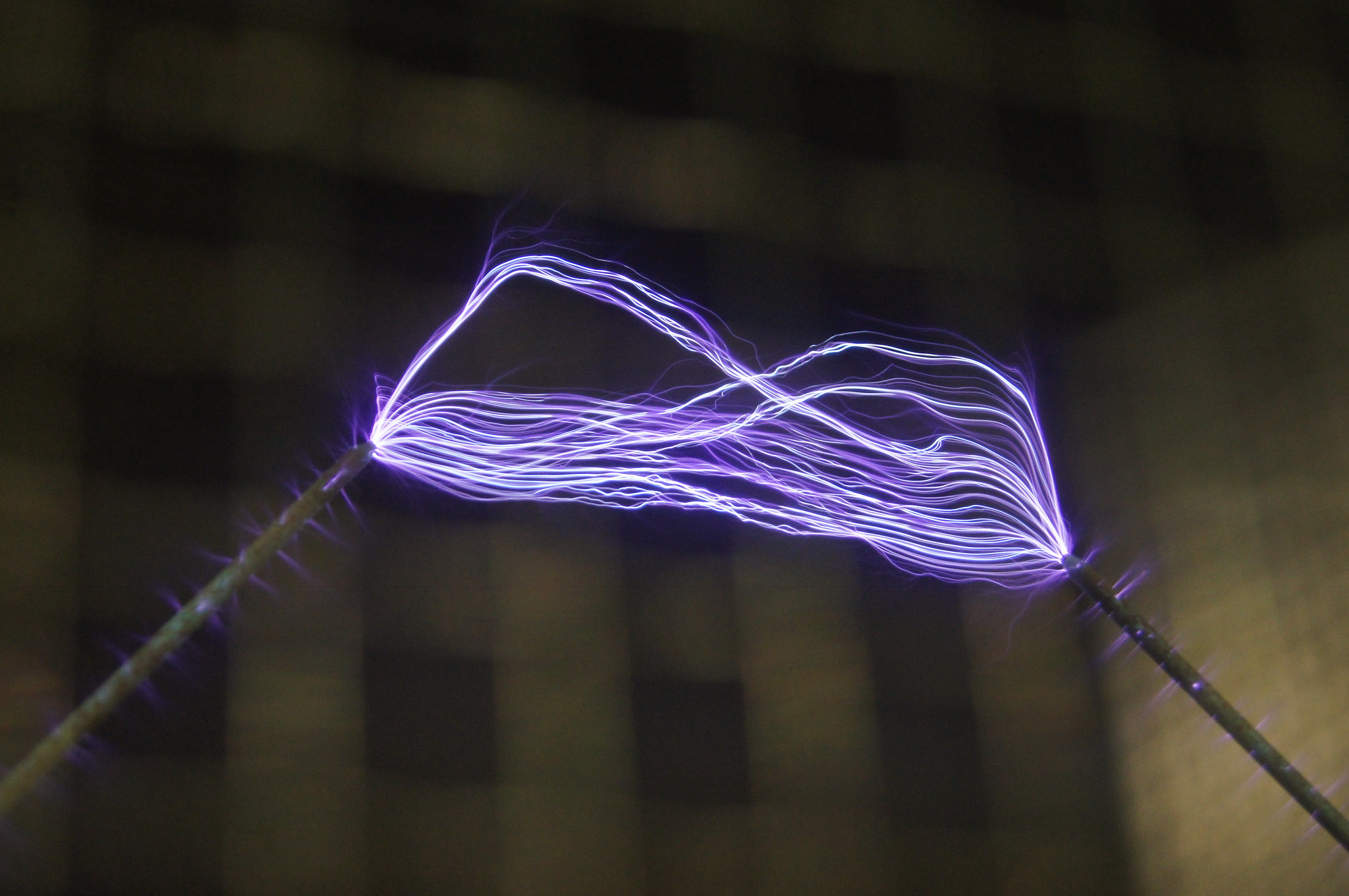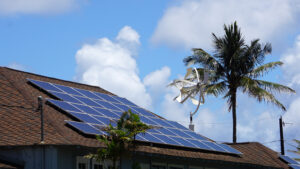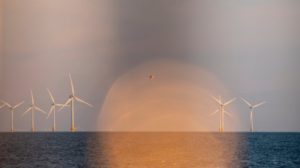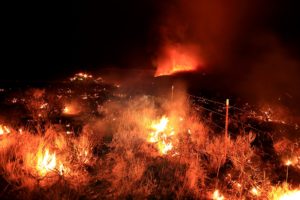The Renewable Electricity Revolution Is Almost Here
New ways to generate renewable electricity will offer cheap stored power and a solution to balancing supply and demand. Tjflex2 / CC BY-NC-ND 2.0
Tjflex2 / CC BY-NC-ND 2.0
Finding effective ways to store energy until it’s needed is a major obstacle for the renewable electricity revolution, but two new mechanical systems mean cheap stored power could soon be widely available.
Cheaper than batteries, both have the virtue of being able to produce full power within a second of being switched on. And the energy they generate can also be stored for months without any loss of power.
Although developed by different teams completely independently and with different markets in mind, the two systems have great similarities. They use surplus electricity from renewables (wind or solar power) to winch a weight up a mineshaft or a mountain. When there’s a need to generate more electricity, the weight is released to fall to the bottom again, turning turbines attached to it by cables and so providing instant power to the grid.
One system envisages helping populations on isolated islands or in dry places where conventional hydro-electricity is not available, but where surplus sun and wind power can haul loads of sand or water up thousands of feet of mountainside.
The system, combining a technique known as Mountain Gravity Energy Storage (MGES) with hydropower, has been proposed by IIASA, the Austria-based International Institute for Applied System Analysis, and is described in the journal Energy. It allows the energy to be stored for months.
“Regions with high mountains could become important long-term energy storage hubs”
If a water source is available halfway or further up a mountain the empty containers can be filled nearer the top, making the system even more financially attractive.
Julian Hunt, a researcher at IIASA, said that cranes built on a mountaintop would haul sand or gravel to the summit rather like a ski lift. He said: “One of the benefits of this system is that sand is cheap and, unlike water, it does not evaporate – so you never lose potential energy and it can be re-used innumerable times. This makes it particularly interesting for dry regions.”
Unlike hydro-power systems that were limited to a height differential of 1,200 metres, MGES plants could cope with differences of more than 5,000m.
“Regions with high mountains, for example the Himalayas, Alps, and Rocky Mountains, could therefore become important long-term energy storage hubs. Other interesting locations for MGES are islands such as Hawaii, Cape Verde, Madeira, and the Pacific Islands with steep mountainous terrain,” Dr Hunt said.
System’s 50-year life
The mine shaft system, being developed by Gravitricity and based in the Scottish capital, Edinburgh, is designed to use weights from 500 to 5,000 tons. The company reckons its system will last at least 50 years without wearing out and will work with 80% to 90% efficiency, offering “some of the best characteristics of lithium batteries” at costs well below them.
It uses the same principle as MGES, but relies on old mines from the coal industry, where it uses surplus power to raise weights from the bottom of the shaft to the top. Many shafts, sometimes thousands of feet deep, remain in heavily industrialised areas of Europe.
Depending on the need, Gravitricity’s installation can be geared to produce between one and 20 megawatts of peak power within seconds, and depending on the output required can run for between 15 minutes and eight hours.
Gravitricity says it has already had a rush of interest from industrial partners and is working on a demonstration project.
There is already a different type of generation and storage system at work in the UK, known as pumped storage, which relies on transferring water from one underground reservoir to another. It is in use at Dinorwig in North Wales, where it is known as Electric Mountain.
Your support matters…Independent journalism is under threat and overshadowed by heavily funded mainstream media.
You can help level the playing field. Become a member.
Your tax-deductible contribution keeps us digging beneath the headlines to give you thought-provoking, investigative reporting and analysis that unearths what's really happening- without compromise.
Give today to support our courageous, independent journalists.






You need to be a supporter to comment.
There are currently no responses to this article.
Be the first to respond.